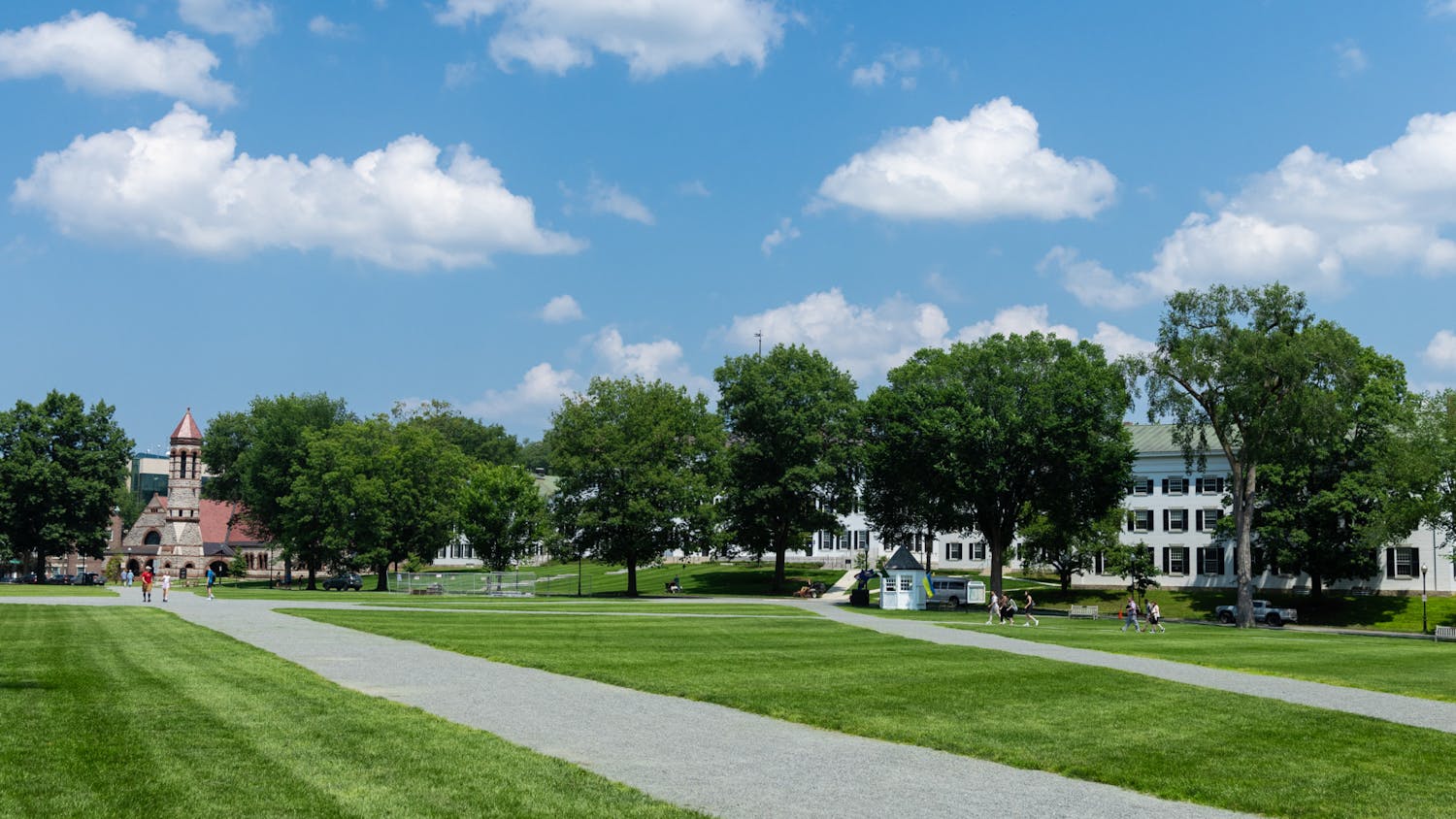There are concerns that physicist Shirley Ann Jackson, this year's Commencement speaker, is not well known even within her field. However, many community members say they do not object to her selection, although they would have preferred a bigger name.
None of the five physics professors contacted by The Dartmouth had heard of Jackson before, but they still approved of the choice.
"I think it's great to have a woman physicist giving the Commencement address, since there are so few in the field," physics department chair Mary Hudson said.
Andrew Berglund '00, a physics major, was not familiar with Jackson's name either, but approved of the College's decision.
"I think she'll be an interesting choice, but I can see how other people might not be so impressed," Berglund said. "There's probably a lot of others who will be disappointed."
The college does have a responsibility to bring in speakers with broad appeal, he added.
Frank Black '00 agreed.
"People are usually hoping for a big name," he said, although he was content with the choice of Jackson, saying that she "has played an important role."
"I think she probably has a lot of good stuff to say," Catherine Ware '00 said.
Ware said she had heard many complaints from other students about the decision to have the president of another college speak at Dartmouth, and conceded that "it would be interesting to hear someone [famous] you wouldn't otherwise get to hear."
She added that she would have liked to hear J. K. Rowling, the author of the popular "Harry Potter" children's book series, speak instead. Rowling, along with baseball celebrity Hank Aaron and others, will receive an honorary degree from the College at Commencement this year.
Last year, Jackson was named president of Rensselaer Polytechnic Institute. As Chairman of the Nuclear Regulatory Commission from 1995"1999, she spearheaded the formation of the International Nuclear Regulators Association in 1997. Before that, she was a professor of physics at Rutgers University. She was the first African-American woman to receive a Ph.D. from the Massachusetts Institute of Technology, and she is now the first to serve as president of a national research university.
In a press release Tuesday, College President James Wright praised Jackson, saying "Dr. Jackson exemplifies the high standards of scholarly accomplishment, leadership and service which we work to cultivate at Dartmouth. She is an important voice in national science policy and in higher education."



